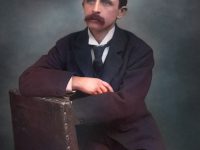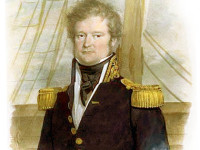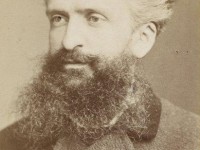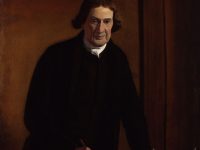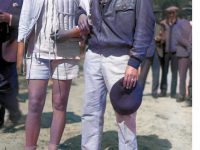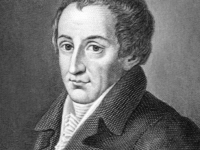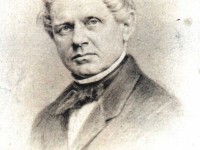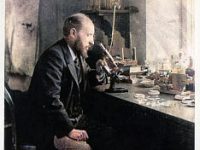Betamax and the Legendary Video Format Wars
On May 10, 1975, Sony released a consumer-level analog videocassette magnetic tape recording format called Betamax. Today, the format is obsolete, having lost the videotape format war to VHS with Betamax recorders ceased production in 2002. A Brief History of Video Recording The first efforts at video recording, using recorders similar to audio recorders with fixed heads, were unsuccessful. The problem was that a video signal has a much wider bandwidth than…
Read more


